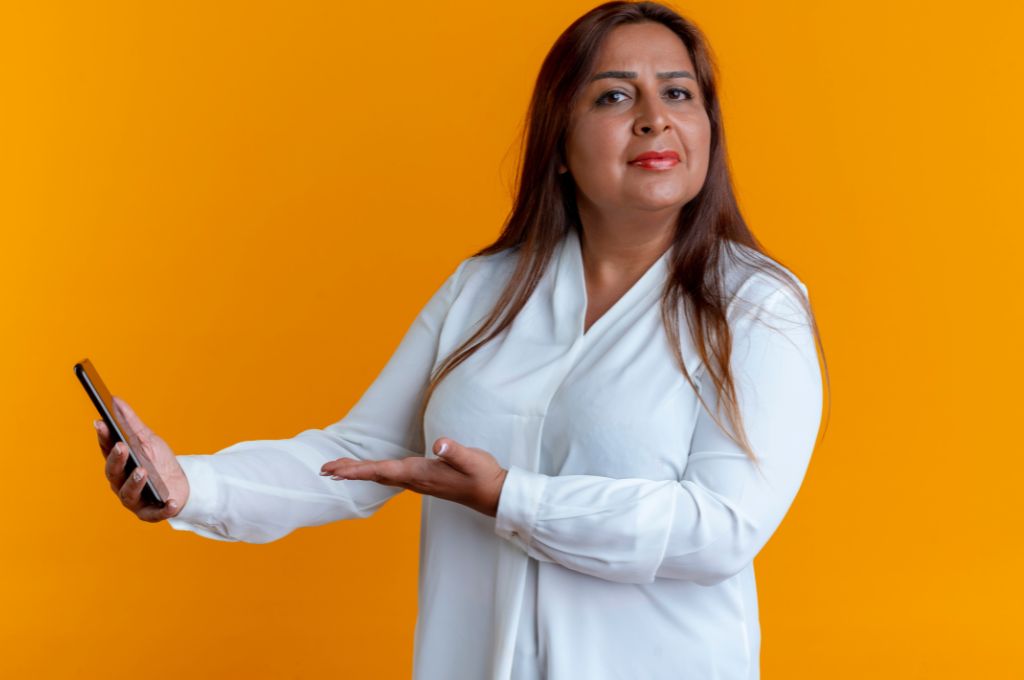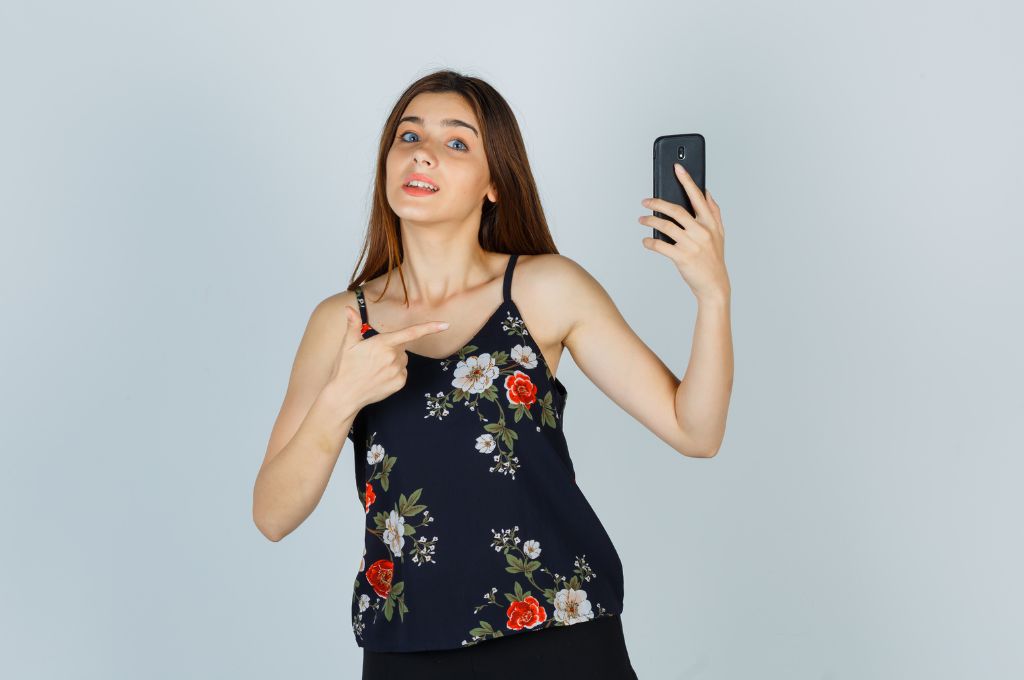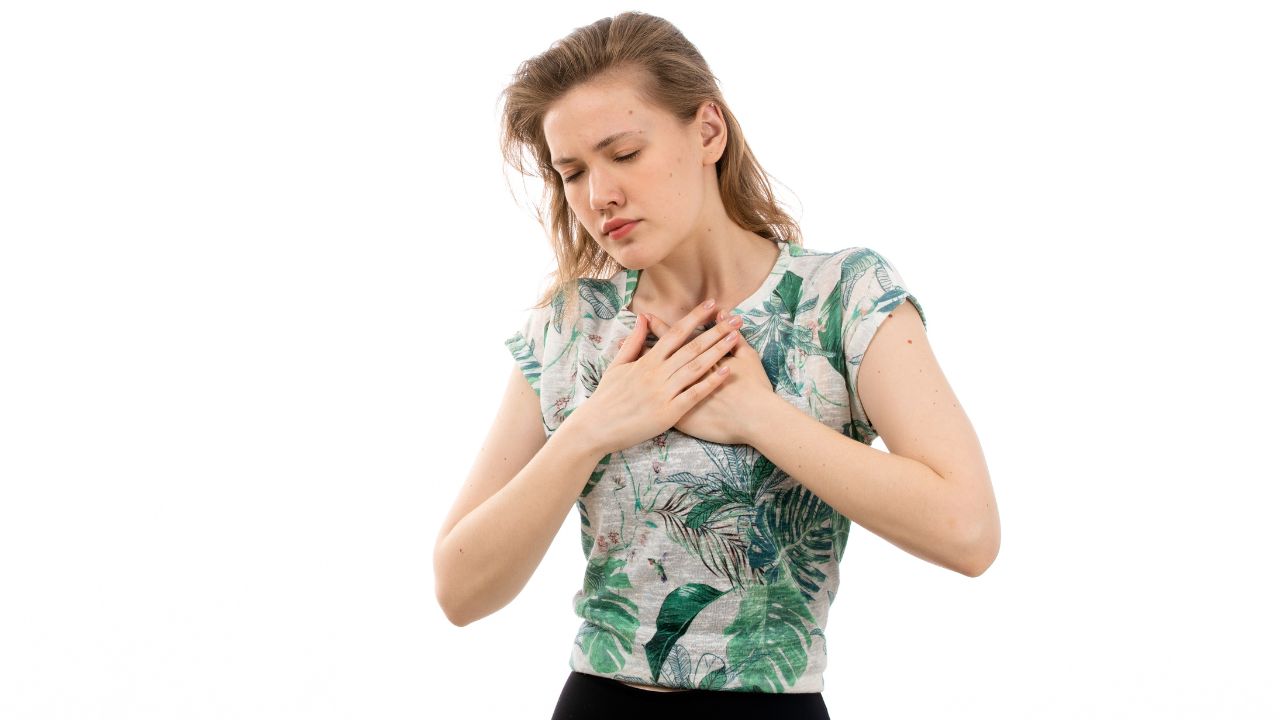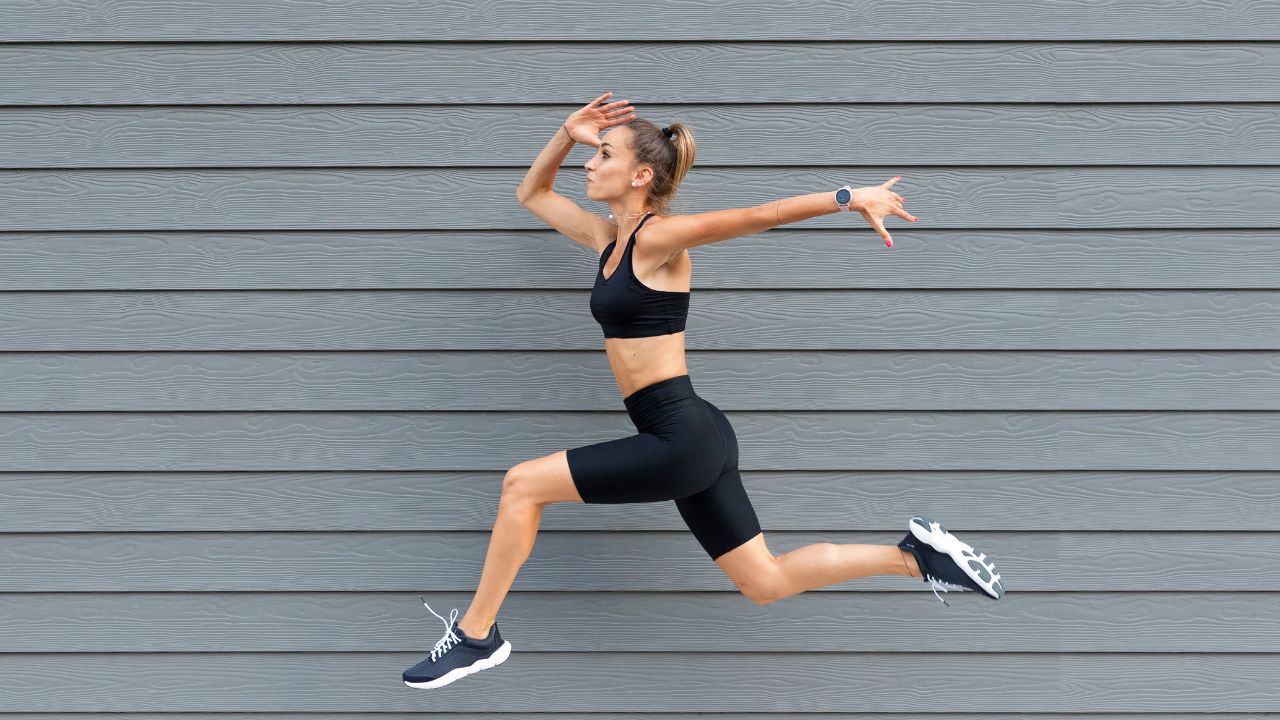In today’s visually-driven world, the camera lens holds tremendous power over our perception of ourselves. Many of us have experienced the baffling phenomenon of appearing more significant on camera than we do in the mirror. This discrepancy can evoke a range of emotions, from frustration to insecurity. But fear not, for in this comprehensive exploration, we will delve into the psychology and science behind why we may look heavier on camera than in real life.
The Lens’s Deceptive Gaze
When we stand in front of the camera, it’s as if a magnifying glass is placed upon us, scrutinizing every curve and contour. The lens has a unique ability to distort our appearance, often exaggerating certain features while diminishing others. This distortion can be attributed to various factors, including lens focal length, angle, and lighting conditions.
The Psychology of Perception
Societal standards and personal insecurities deeply influence our perception of ourselves. When we see ourselves on camera, we may subconsciously compare our images to the idealized versions we see in the media. This comparison can lead to feelings of inadequacy and self-doubt, especially if we perceive ourselves as falling short of the perceived standard of beauty.
The Impact of Lighting
Lighting plays a crucial roles in how we are portrayed on camera. Harsh overhead lighting can cast unflattering shadows and highlight imperfections, making us appear heavier than we actually are. Conversely, soft, diffused lighting can minimize shadows and create a more flattering effect, enhancing our natural features.
Understanding Camera Angles
The angle at which a camera is positioned can significantly impact how we appear in photographs or videos. Shooting from a low angle can elongate the body and create a more slimming effect, while shooting from a high angle can make us appear shorter and broader. By understanding how camera angles work, we can better control our appearance on camera.
Clothing Choices Matter
The clothes we wear can also influence how we look on camera. Loose-fitting garments may conceal certain areas and create a more streamlined silhouette, while tight-fitting clothing can accentuate curves and make us appear larger. Choosing the proper attire can make a significant difference in how we are perceived on camera.
Posture and Body Language
Our posture and body language can significantly affect how we come across on camera. Slouching or hunching over can make us appear shorter and broader, whereas standing tall with shoulders back can create a more confident and flattering silhouette. By being mindful of our posture, we can project a more positive image on camera.
The Role of Facial Expressions
Facial expressions can also contribute to how we appear on camera. A genuine smile can light up our faces and make us appear more attractive, while a frown or grimace can detract from our overall appearance. Mastering the art of facial expressions can help us present our best selves on camera.
Embracing Authenticity
In a world where image is often prioritized over authenticity, it’s important to remember that beauty comes in all shapes and sizes. Instead of striving for perfection on camera, we should focus on embracing our unique features and expressing ourselves authentically. By cultivating self-confidence and self-acceptance, we can transcend the limitations of the camera lens and radiate true beauty from within.
Overcoming Insecurities
Many people feel self-conscious on camera. However, it’s essential to recognize that our appearance does not determine our worth. Instead of fixating on perceived flaws, we can shift our focus to our talents, accomplishments, and inner qualities that truly define us. By practicing self-love and self-compassion, we can overcome insecurities and step into our power on camera.
The Importance of Perspective
It’s important to remember that the camera lens only captures a moment in time, and our appearance may vary from one frame to the next. Instead of obsessing over minor imperfections, we can adopt a broader perspective and appreciate the bigger picture. By focusing on the memories and experiences captured on camera, we can find joy and meaning beyond superficial appearances.
Seeking Professional Guidance
For those who struggle with body image issues or confidence on camera, seeking professional guidance can be immensely beneficial. Therapists, life coaches, and image consultants can provide valuable support and guidance in navigating these challenges and developing a healthier relationship with oneself. Remember, it’s okay to ask for help and support when needed.
Harnessing the Power of Positive Affirmations
Positive affirmations are a powerful tool for cultivating self-confidence and reshaping our self-image. By affirming our worth and beauty, we can reprogram our subconscious mind and silence the inner critic that fuels insecurities. Incorporating daily affirmations into our routine can help us cultivate a more positive and empowering mindset, both on and off-camera.
Practicing Mindfulness and Self-Care
Mindfulness and self-care are essential practices for nurturing our mental and emotional well-being. By staying present in the moment and tuning into our thoughts and feelings without judgment, we can cultivate a greater sense of self-awareness and inner peace. Incorporating self-care activities such as meditation, journaling, and exercise can also help reduce stress and boost confidence, allowing us to show up more authentically on camera.
Surrounding Ourselves with Supportive Communities
Building a supportive community of friends, family, and peers can provide a vital source of encouragement and validation. By surrounding ourselves with people who uplift and empower us, we can cultivate a positive support network that reinforces our self-worth and resilience. Sharing our struggles and triumphs with others can also foster connection and solidarity, reminding us that we are not alone in our journey.
Embracing Imperfection
Perfection is an elusive and unattainable ideal that often leads to feelings of dissatisfaction and inadequacy. Instead of striving for flawlessness, we can embrace our imperfections as a natural and beautiful part of being human. By embracing our quirks and vulnerabilities, we can cultivate authenticity and genuine connections both on and off-camera.
The Power of Self-Expression

Self-expression is a powerful form of liberation that allow us to showcase our unique personality and creativity. Whether through art, fashion, or performance, finding ways to express ourselves authentically can boost our confidence and sense of self-worth. By embracing our individuality and celebrating our uniqueness, we can shine brightly on camera and beyond.
Celebrating Diversity
Diversity is what makes the world vibrant, and our differences should be celebrated rather than shunned. Instead of aspiring to fit into narrow beauty standards, we can celebrate the beauty of diversity and representation. By amplifying diverse voice and perspectives, we can create a more inclusive and empowering media landscape where everyone feels seen, valued, and celebrated.
Cultivating Gratitude
Gratitude is a powerful antidote to feeling of inadequacy and self-doubt. By focusing on the blessings and plurality in our lives, we can shift our perspective from scarcity to abundance. Practicing gratitude can help us recognize our inherent worth and appreciate the beauty that surrounds us, both in ourselves and others. By cultivating an behavior of gratitude, we can radiate confidence and positivity on camera and in life.
The Journey of Self-Discovery
Self-discovery is a lifelong journey of exploration and growth. By embracing curiosity and self-reflection, we can uncover hidden talents, passions, and strengths that empower us to live authentically. Each step of the journey bring us closer to self-acceptance and self-love, allowing us to show up more confidently and authentically on camera and in all areas of our lives.
Conclusion – Embracing Your Radiance
In conclusion, the question of “Why do I look fat on camera?” is not merely a matter of optics but a reflection of our complex relationship with ourselves and the world around us. By understanding the factors that influence our appearance on camera and cultivating self-love and self-acceptance, we can transcend the limitations of the lens and embrace our radiance in all its forms. Remember, true beauty emanates from within, and it is our unique essence that shines brightest on camera.




